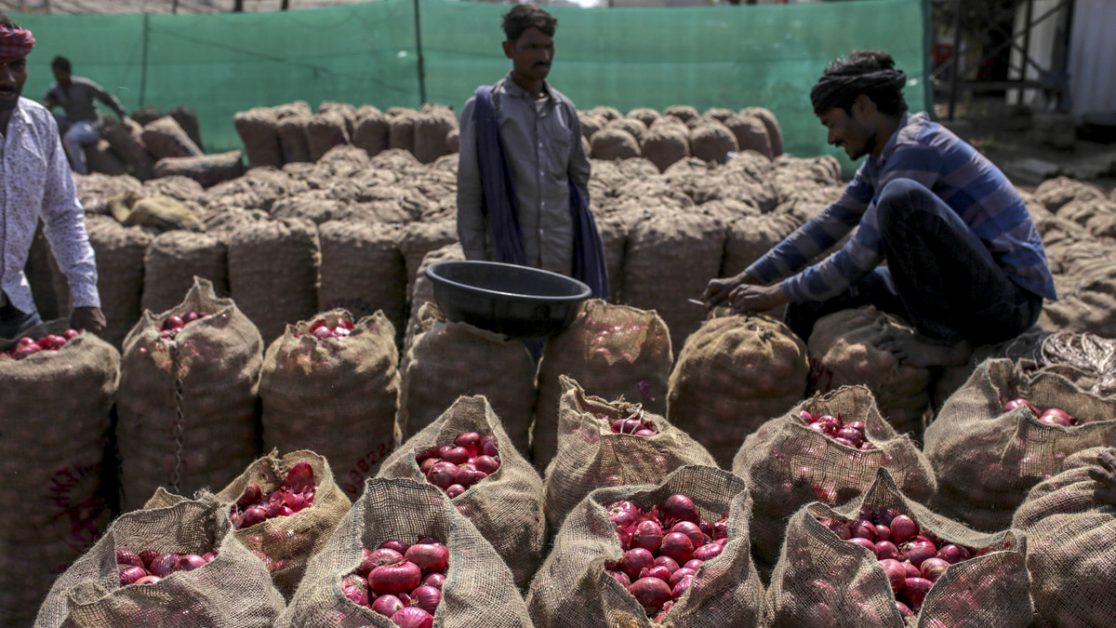Source: Millennium Post
Consequently, despite the authorisation, onion exportation has practically come to a halt due to unprofitability, leaving businessmen discontent. In response to the traders’ plea to boost the trade, they have urged a reduction in export tax or the tariff price of onions. In December, the Central government intervened to curb the abnormal surge in onion prices in the Indian domestic market by imposing a complete ban on exports for an indefinite period. Although this measure stabilised onion prices locally, it generated substantial demand for Indian onions internationally.
Following Bangladesh’s request in February, the export ban was partially lifted, permitting the export of 50,000 metric tons exclusively to that country. Consequently, demand for Indian onions surged in the global market, alleviating pressure on domestic prices. To support onion farmers and capitalise on high prices, the Central government issued a notification on May 4, authorising onion exports at $555 per metric ton, without specifying quantity or duration. However, despite this authorisation, traders have refrained from exporting due to the imposition of a 40 per cent export tax per metric ton, rendering the venture unprofitable. As a result, onion export operations remain suspended at Hili International Land Port in South Dinajpur. Pannalal Banik, spokesperson, Hili Customers and Clearing Agents Association, voiced concerns, stating: “Exporting onions at the current tax rate would incur losses of Rs 10 to Rs 15 per kilogram, making it economically unviable. Either the onion price or export tax must be reduced to revive onion exportation.”







